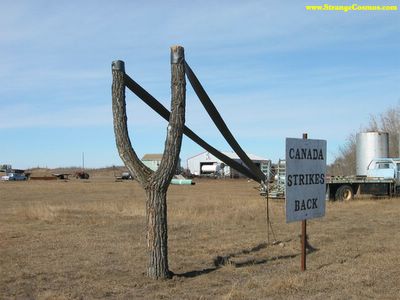I live about a 20 minute drive from Wall Street, the financial capital of the world. Wall Street is often described as a war between a bull and a bear: the bear representing falling prices, and the bull representing rising prices. A "bull market" is one that is rising, and a stock trader might say he is "bullish" on a particular stock offering if he thinks it is going to go up in the future. Usually, a trader would throw money at an offering he is bullish on, thinking it will rise in the future.
In this same context, I'm very bullish on Iraq right now. I have a few reasons to think this way:
Reason #1: Iraq's education systemSaddam did a lot of bad things, but he did at least one good thing: investing in education. Education in Iraq is free, right through university, and children in Iraq learn English in school as a second language similar to how Americans learn Spanish. The result is a large number of Iraqis who are capable of working in fields like technology and engineering.
India is successful in the outsourcing business right now for this exact reason, and there is no reason why Iraq could not enjoy success in the same way.
Reason #2: American IdealismAmerica may have invaded Iraq for the wrong reasons (non-existant WMDs, etc.) but they are remaining in Iraq for the right reasons. America could easily pull out now, but this would leave Iraq in an unstable state similar to how we left Somalia in the early 1990s. America has wagered too much of its own resources to be content with leaving Iraq in the hands of terrorists and thugs, and George Bush has wagered his legacy on the outcome of this war. I know under these circumstances that the US will not quit until Iraq is both stable and successful.
It has been a long time since the United States has made a "pet project" out of transforming and growing a country, but the US has a good track record on its past "pet projects": Japan, Germany, and South Korea are three of them. Hopefully, Iraq will be the fourth to add to that list.
I have sometimes been critical of some actions of certain American troops in Iraq, but I am overall very supportive of their efforts to stabilize the country and to help it to grow.
Reason #3: Democratic Trends within IraqUnder Saddam, satellite dishes were illegal, news was limited to government-controlled media outlets, and the Internet was both censored and monitored by government authorities. Since the war, satellite dishes have sprouted from houses and Internet cafes and ISPs have drawn an increasing number of Iraqis into the world of the Net.
The Internet is a very powerful equalizing tool - anybody can publish on the Internet, and anybody can read what is published. People can talk with each other without regard to age, sex, religion, or even location. Very powerful.
With these changes, I've noticed some interesting trends, at least among the Iraqi bloggers. They have developed a willingness to question, and to criticize. Some Americans may blanch at the likes of
Riverbend,
Khalid Jarrar, and
Truth Teller leveling criticism at their troops, but think about it: these same people would probably have never dared level this type of criticism at Saddam. The fact that Iraqis are willing to criticize American troops even when there is an American tank parked in front of their house is a positive development.
In a true democracy, you shouldn't expect everyone to like you, or to think the same way as you, you just expect everyone to be free to speak their minds.
This freedom of expression is the true root of democracy. As long as nobody comes along and forcibly takes this root from Iraqis, democracy will develop and flourish in Iraq on its own without anyone's help.
Reason #4: Investor knowledgeTwo years ago, I did not know much about Iraq. I could point it out on a globe, but did not know much about the place. Since then, I followed the news, learned more about the place, and in my case, I even befriended a couple of fellow bloggers who live over there, who have helped me to learn more about Iraq and its culture.
I know I am not alone in this type of learning experience.
Wall Street is filled with many smart people, who like to pay attention to world news, and figure out where to channel investment capital. For these people, Iraq should have a lot of positive qualities, but has one overwhelming negative quality: the security situation. Security problems translate into business risk, and investors hate risk.
But, when the security situation in Iraq starts to improve, it may find itself a fertile ground for foreign investment, as those investors who have been impressed with the other aspects of Iraq may start channeling investment capital towards Iraq.
And, if this comes to fruition, it will stimulate Iraq's economy and translate into increased success and opportunity for Iraq's citizens. Of course, none of this is certain, but I am bullish enough on the odds that I am willing to bet my own money on it. I'm sure I am not alone in this either.





